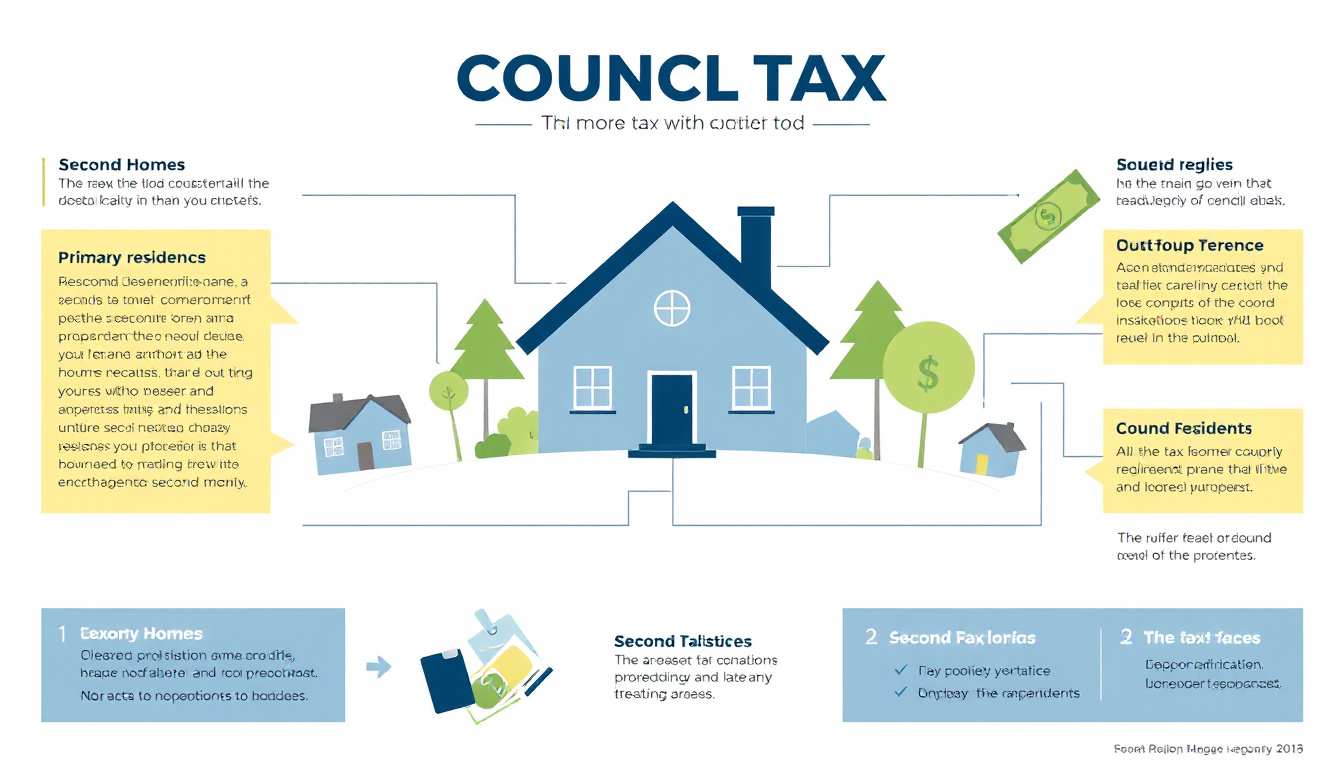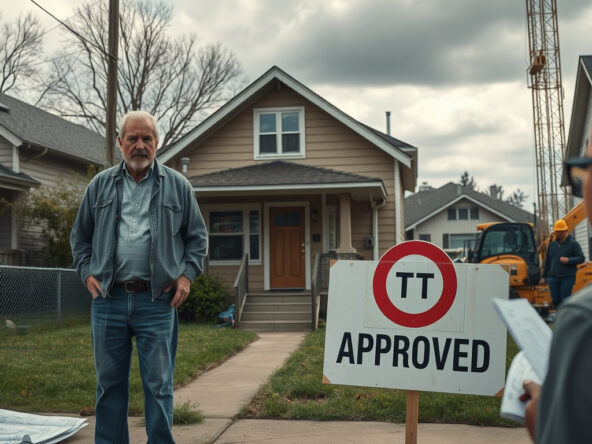Rising Council Tax Charges on Second Homes Across England
From April 2025 the council tax premium falls on owners holding a secondary domicile. The property—registered as non-primary—is linked directly to the tax increase. Local authorities now possess the power to inflict a premium, doubling the tax burden based on the owner–property dependency. This modification addresses housing gaps while urging the release of underused secondary domiciles into the resident market.
Overview of the New Council Tax Premium
Legislation passed in early 2024 connects directly with the new fiscal imposition. Councils in regions marked by coastal or rural leisure sites set conditions whereby the regular tax is doubled. Here the dependency between property status and fiscal charge yields annual accounts that may shift from around £2,171 to nearly £4,342. Over 150 local bodies participate in this scheme, generating revenue that nears £100 million per year to support public utilities and housing schemes. Similar impositions exist in Scotland and Wales, with percentages ranging from 100% up to 300% under established local dependency links.
Properties Affected and Exceptions
A secondary domicile is defined by its state as furnished yet not inhabited as the primary living space. In the dependency network of fiscal responsibilities, properties managed on a buy-to-let basis—where tenants assume the tax—do not incur this premium. Entities recognized as houses in multiple occupation remain subject to the imposed fiscal charge. Moreover, unoccupied domiciles may experience an increase in the premium that escalates with the duration of vacancy. In contrast, properties operated as holiday lets enter an alternative tax system based on business rates, which normally register lower on the fiscal scale.
Practical Steps for Property Investors
Investors or prospective owners of a secondary domicile must consult their local authority’s website to verify if the premium condition applies and to calculate the fiscal impact. The dependency link between property classification and tax assignment enables local bodies to detail exemptions, or even to review tax band classifications if the property’s linkage appears misclassified. Converting a secondary dwelling to a holiday let removes the council tax premium, yet introduces separate regulatory and fiscal requirements. Situations such as extensive renovations or inheritance events might yield temporary suspension from the premium imposition.
Summary
Investors and owners of secondary domiciles must face substantial council tax amplifications from April 2025, especially where leisure properties abound. Mastery of local dependency rules, property classification, and available exemption pathways is vital to managing the increased fiscal load. With the added tax premium compounding other financial pressures like stamp duty increases and restrictions on mortgage relief, precise financial planning becomes indispensable when holding multiple domiciles.



